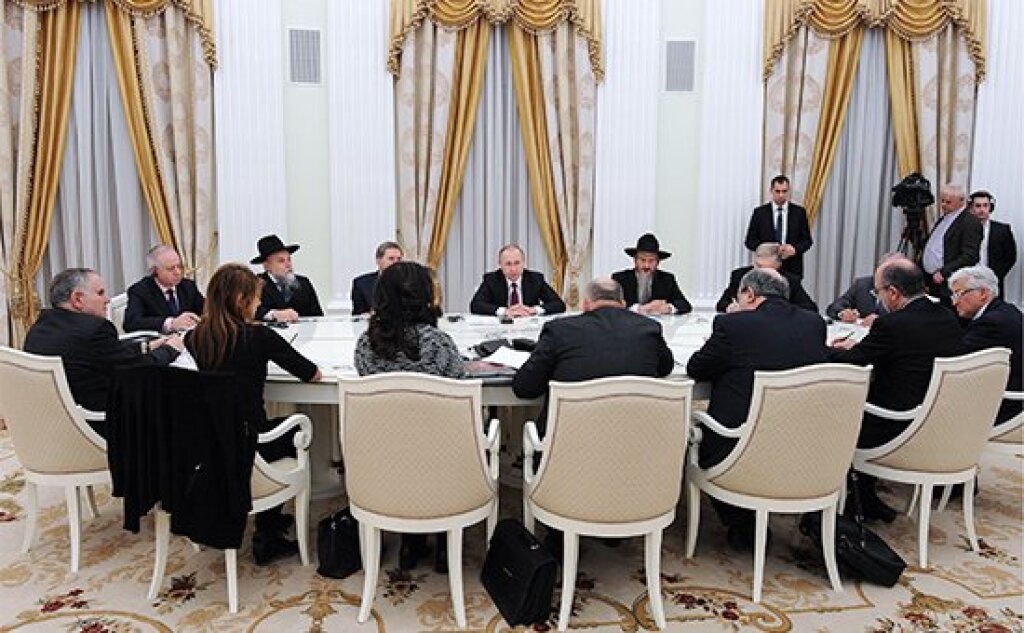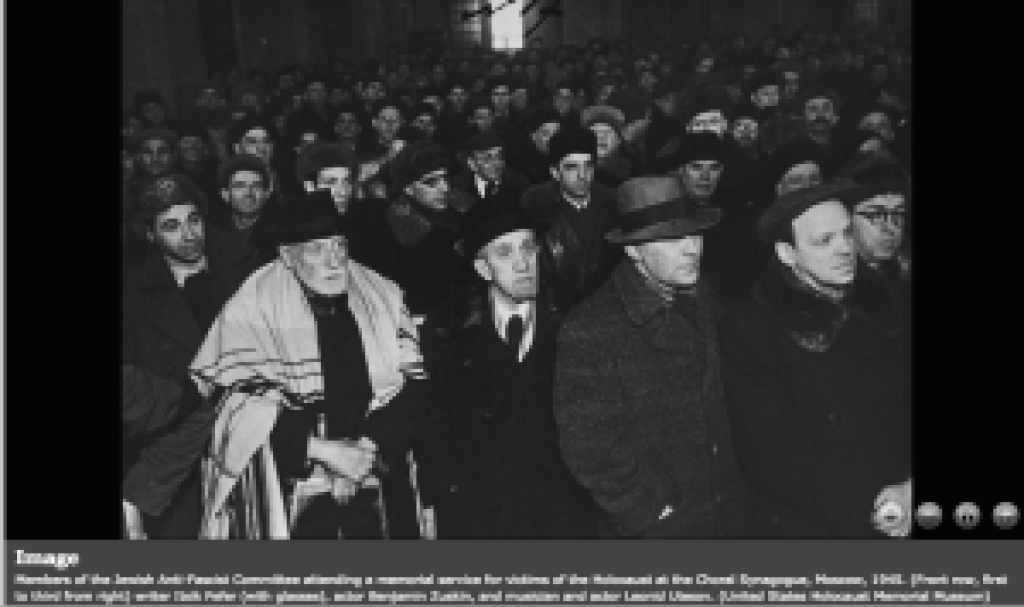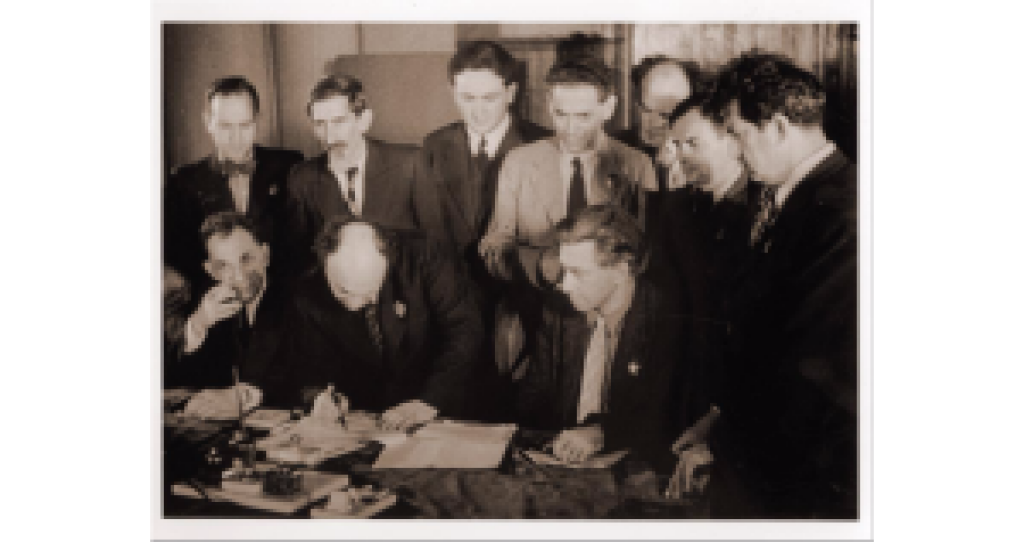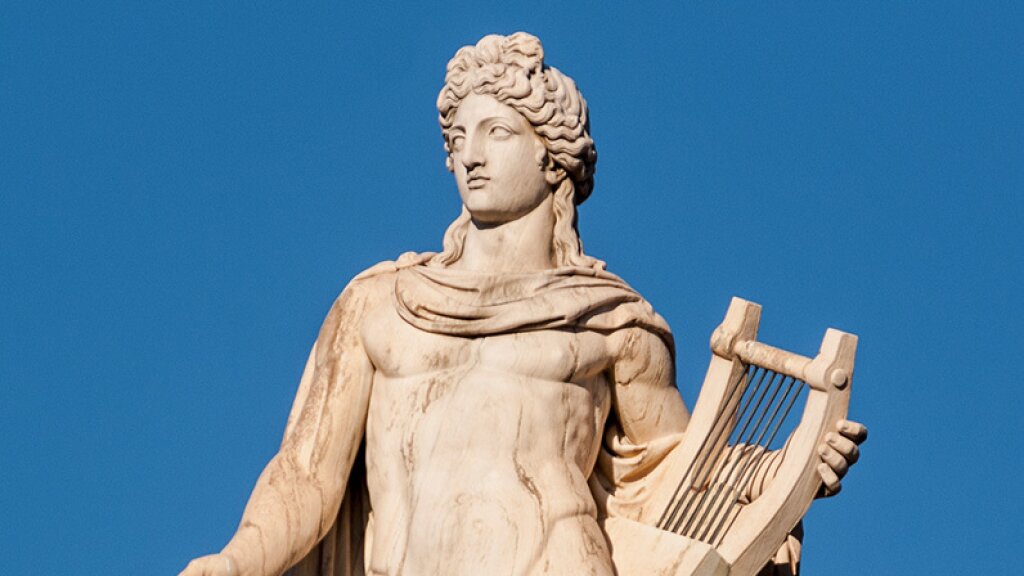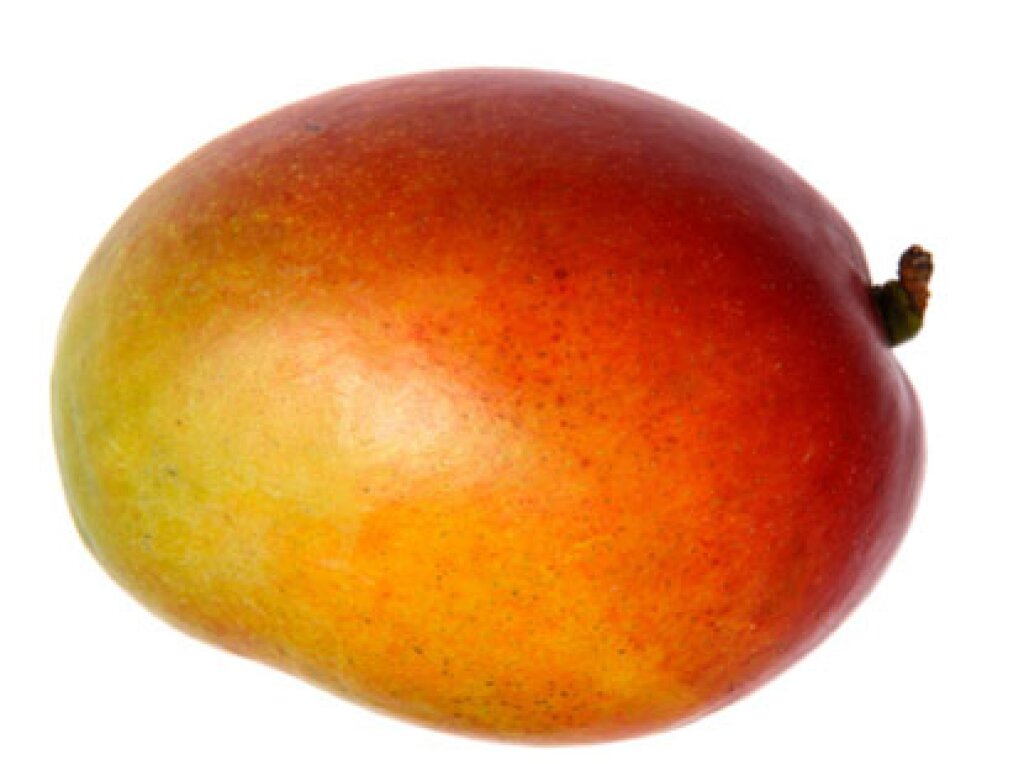Putin’s relationship to the Jews of Russia and the Soviet-Jewish diaspora is one that surely deserves more media attention—and perhaps this newest chapter will bring just that. Deeply concerned about anti-Semitism in Europe, Putin issued a formal invitation for Jews who are feeling unsafe in Europe to move to Russia.
According to a report by Moscow-based media group RBC, on Tuesday January 19, 2016 Putin met with the European Jewish Congress and responded to Congress president Vyacheslav Kantor’s report on the rise of anti-Semitism in Europe by saying that Jews ought to “come to Russia.” Adding, “During the Soviet Union, they left, let them come back.”
In response to Putin’s invitation, the Jewish autonomous republic of Birobidzhan, (a homeland created for the Jews in the USSR and part of today’s Russian Federation) issued a statement supporting Putin’s statement and assuring Jews they would get a warm welcome in Birobidzhan (figuratively of course, the republic is located in Siberia).
President Kantor responded quite diplomatically by calling the invitation “a fundamentally new idea.” But how new is Putin’s modest proposal?
Russia is not the first country to invite Jews back Spain recently made a similar offer)—but it might be the first to do so without acknowledging its role in forcing many Jews to leave in the first place.
During the meeting, Kantor presented an image of a Jewish population in a “worse situation than during WWII,” an image Putin did not dispute.
“I’ve seen the reports, how people there are afraid to even wear a kippah in public places, how people are even trying to hide their nationality,” Putin said.
Kantor’s mention of WWII is supposed to evoke the violent anti-Semitism of Nazi Germany and its many “willing executioners” throughout Europe. Yet, Putin’s response evokes a separate moment in history. Once Hitler invaded the USSR in 1941, Stalin formed The Jewish Anti-Fascist Committee to raise awareness about Hitler’s plans for the Jews and funds for the Red Army to wage war on the Eastern Front. This committee was made up of Soviet Jewish writers, journalists, and artists who traveled the world to publicize the sacrifices of the Soviet Union in preventing the extermination of the Jews, a mass murder most of Europe ignored..
Most famously, the JAFC was welcomed by New York City Mayor LaGuardia in 1943 while prominent American Jews like James Rosenberg proclaimed that in contrast to fascist Europe “Russia has given life, asylum, breakd and shelter to a vast Jewish population.” Novelist Sholem Asch praised the Soviet Union for “abolishing anti-Semitism,” a not so subtle dig at the United States at the time (Rubenstein and Pavlovich, Stalin’s Secret Pogrom).
When Kantor talks about the situation for Jews in Europe being worse than WWII, most would agree that he is exaggerating. While the rise of right-wing rhetoric in Europe is definitely alarming, most Jews in Europe refute the WWII comparison.
The comparison that makes more sense, in my view, is the reason both Putin and Stalin made overtures to the Jews during time of crisis in Europe. Stalin’s formation of the JAFC was not out of some deep concern for anti-Semitism (and I doubt Putin’s is either) but because of a need for economic help and a goal to project an image of Russia as a tolerant, multi-national state unlike homogenous Germany or France, an image that the JAFC also proclaimed.
Yet, what do these goals really mean? Stalin was assured that the JAFC would raise money because of beliefs about disproportionate Jewish wealth rooted in anti-Semitism. While Putin’s own views about “Jewish money” are unclear, his partnership with Jewish oligarchs on “Jewish causes” (such as building the “Museum of Tolerance” in Moscow) as well as his work with the European Jewish Congress (President Kantor is the 39th richest person in Russia) means he is likely to see Jews in a similar “useful” way. Putin’s inclusion of the Jews in the “Russkyy Mir” is significant, but given Putin’s praise of Soviet and Tsarist leaders and despicable human rights record, I would advise the Jews of Europe not to start shopping for warm coats to wear on the promenades of Birobidzhan.
Finally, while anti-Semitism in Europe is a problem, the treatment of Europe’s Muslim population (both as citizens and refugees) is more alarming. The record of Russian-Muslim relations is filled with the complexities and tragedies that would be familiar to scholars of Russian Jewry. However, Putin’s brutal wars in Chechnya have added an additional post-Soviet chapter. I guess his invitation to Europe’s beleaguered Muslims got lost in the mail?
While this invitation may seem like another one of Putin’s public relations antics, this one has more stakes than his riding shirtless on a horse. Perhaps Jewish life in Russia is enjoying a resurgence- and if so, that is a significant accomplishment. However, even if some believe Putin is “good for the Jews,” Russia today is not a safe place for many other Russians- LGBT Russians, Russians who publicly oppose Putin’s policies, journalists, and Russians with Central Asian heritage- just to name a few groups that sometimes include Jews. The alternatives in Europe, Israel and the United States certainly have their issues with human rights—as Putin may point out—but that does not mean that we should all stop criticizing Russia and forgetting its history of anti-Semitism.
In his introduction of Solomon Mikhoels and Itzik Feffer as JAFC representatives at the Astor Hotel in 1943, American Jewish leader James Rosenberg stated:
“Weighed down as we have been by the unparalleled sufferings of European Jewry, we turn also to that vast and gallant country, Soviet Russia whose man power has spilled its life blood on the field of battle; will it perhaps replenish some of its lost man power with Jews of Europe? There is a land where anti-Semitism is a crime against the State, where human beings are actually given an equal chance in life, whatever the color of their hair or skin, the shape of their noses, the slant of their eyes. That is what we Jews ask of the world, not for ourselves alone but for all men and as a sine qua non for world peace.”
Mikhoels, along with most of the Jewish Anti-Fascist Committee, would be executed just a few years later by the leadership of the vast and gallant Soviet Russia.

